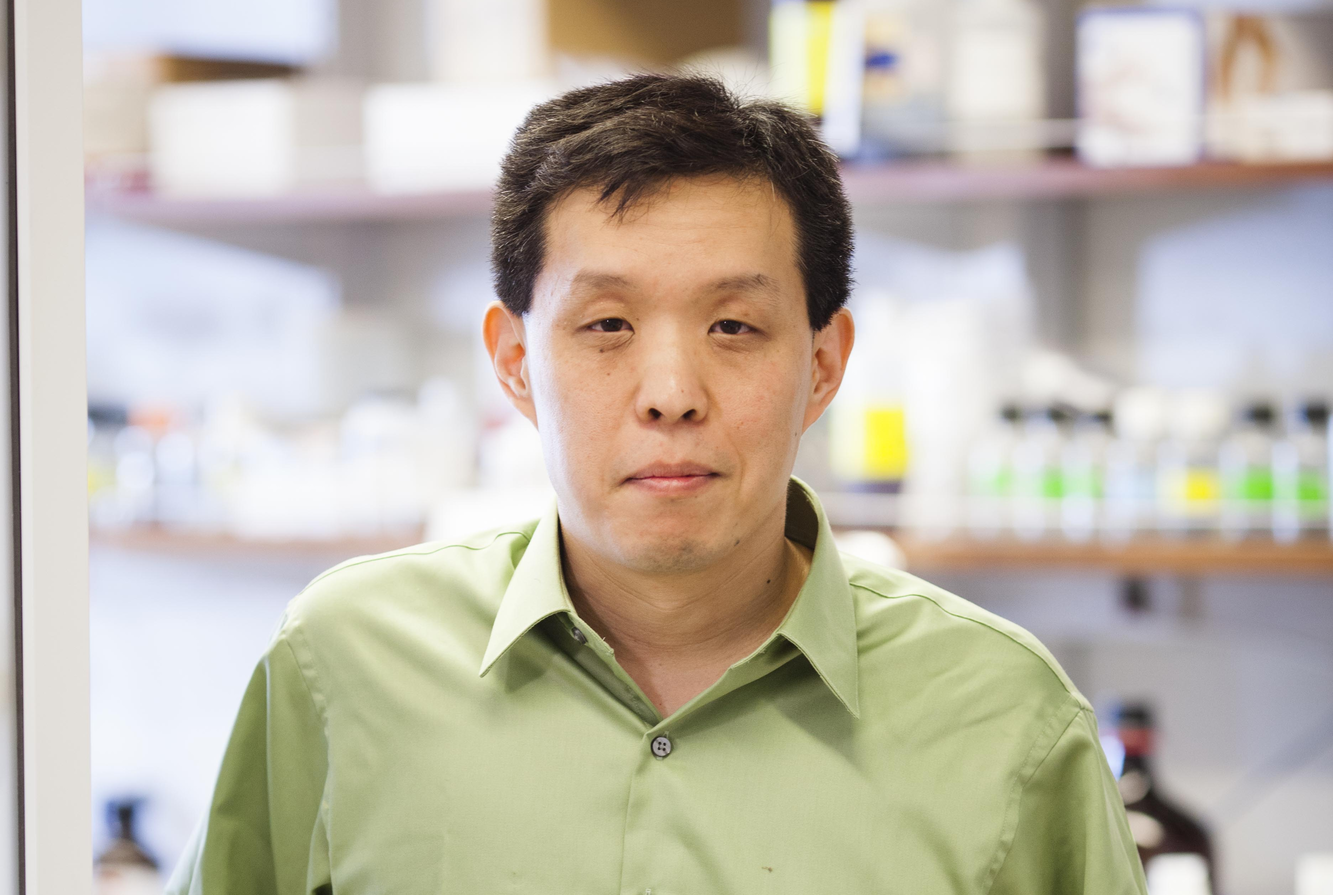Dr. Kyu Rhee, an associate professor of medicine in the Division of Infectious Diseases at Weill Cornell Medicine, has been awarded a Physician-Scientist Institutional Award by the Burroughs Wellcome Fund.
The $2.5 million, five-year grant will help the institution support medical trainees and physicians without doctorates who wish to establish careers as independent laboratory-based investigators. The award program was established by the Burroughs Wellcome Fund in 2017 to increase the number of single-degree physicians who enter the research field.
“Unlike the path of becoming a full-time clinician or scientist, there really is no dedicated training path to becoming a physician-scientist, unless you decide early on and go through an MD-PhD program,” said Dr. Rhee, who is also an associate professor of microbiology and immunology. “But this grant provides an opportunity for medical students and physicians who enjoy science to pursue careers in lab investigation.”
Dr. Rhee proposed creating a centralized program at Weill Cornell Medicine to enhance the pipeline of MD-only physician-scientists and build upon “the uniquely rich culture of physician-scientists at Weill Cornell, the Rockefeller University and Memorial Sloan Kettering Cancer Center,” he said. He developed the idea alongside co-investigator Dr. Barry Sleckman, a professor of pathology and laboratory medicine, as well as collaborators Dr. Linnie Golightly, associate dean for diversity and inclusion, Dr. Katherine Hajjar, associate dean for faculty development, and Dr. Ruth Gotian, assistant dean for mentoring.
The program is built on three core tenets: start early, stay focused and stay connected.
“These tenets address what we view as the three biggest barriers to pursuing this career path,” said Dr. Rhee, adding that the barriers were originally identified by the National Institutes of Health’s Physician-Scientist Workforce Working Group.
As part of the program, Dr. Rhee and his team hope to re-evaluate how clinical training is structured so that trainees’ time is optimized for the pursuit of physician-scientist careers. They also want to provide a financial support mechanism to minimize the impact on work-life balance and create an individualized, multidisciplinary mentoring process.
“This is so important to me,” Dr. Rhee said. “New discoveries have to come from somewhere. And I know there are smart and talented people who simply don’t think they can make those discoveries because they didn’t choose to go through the traditional MD-PhD pathway. I am excited to change that.”

